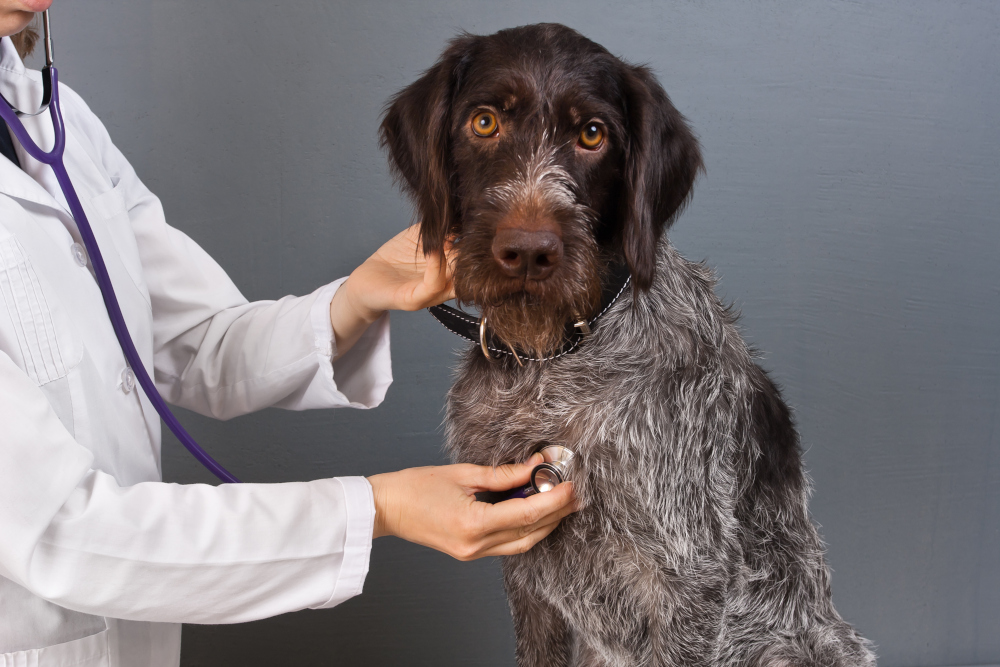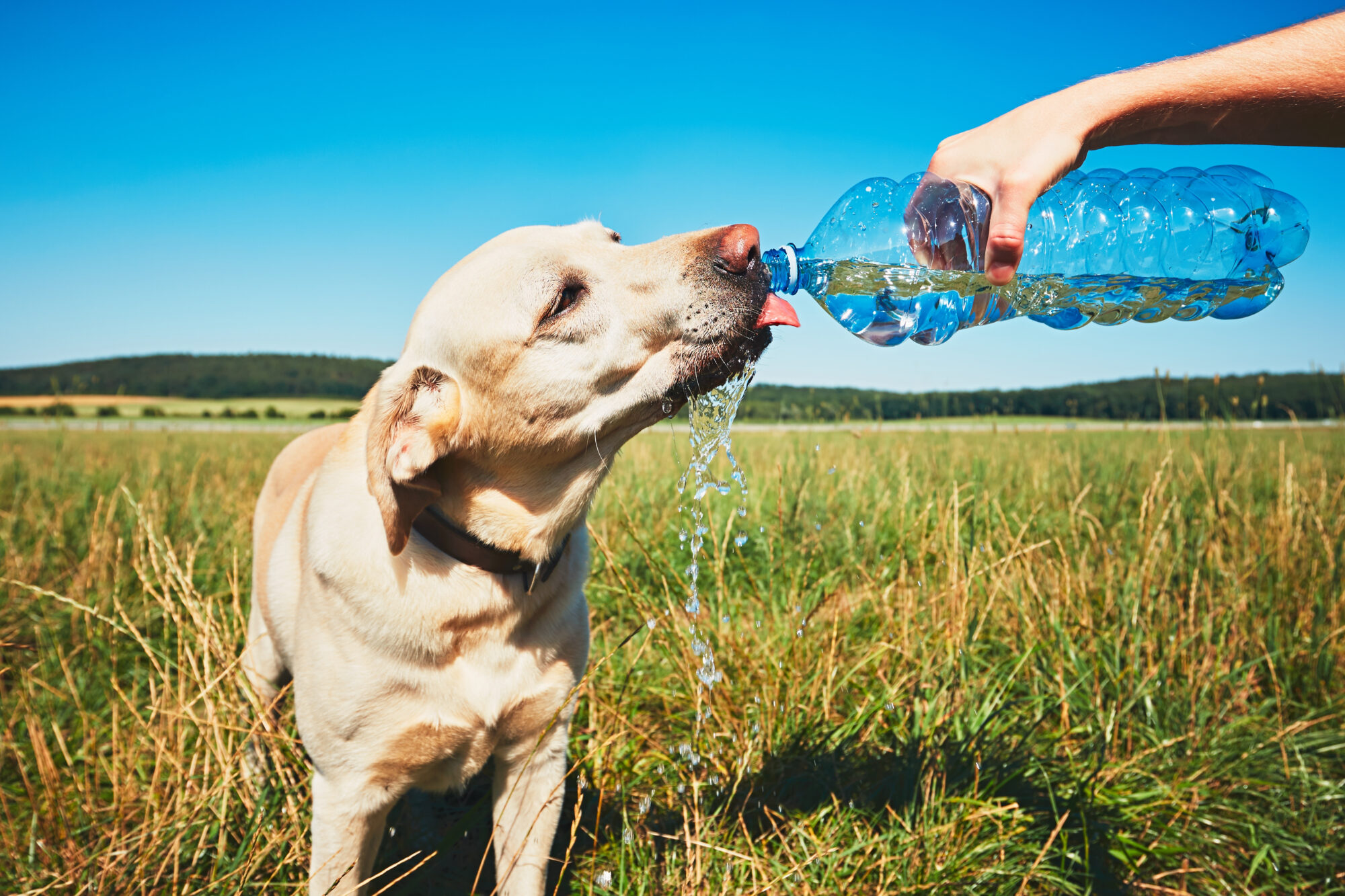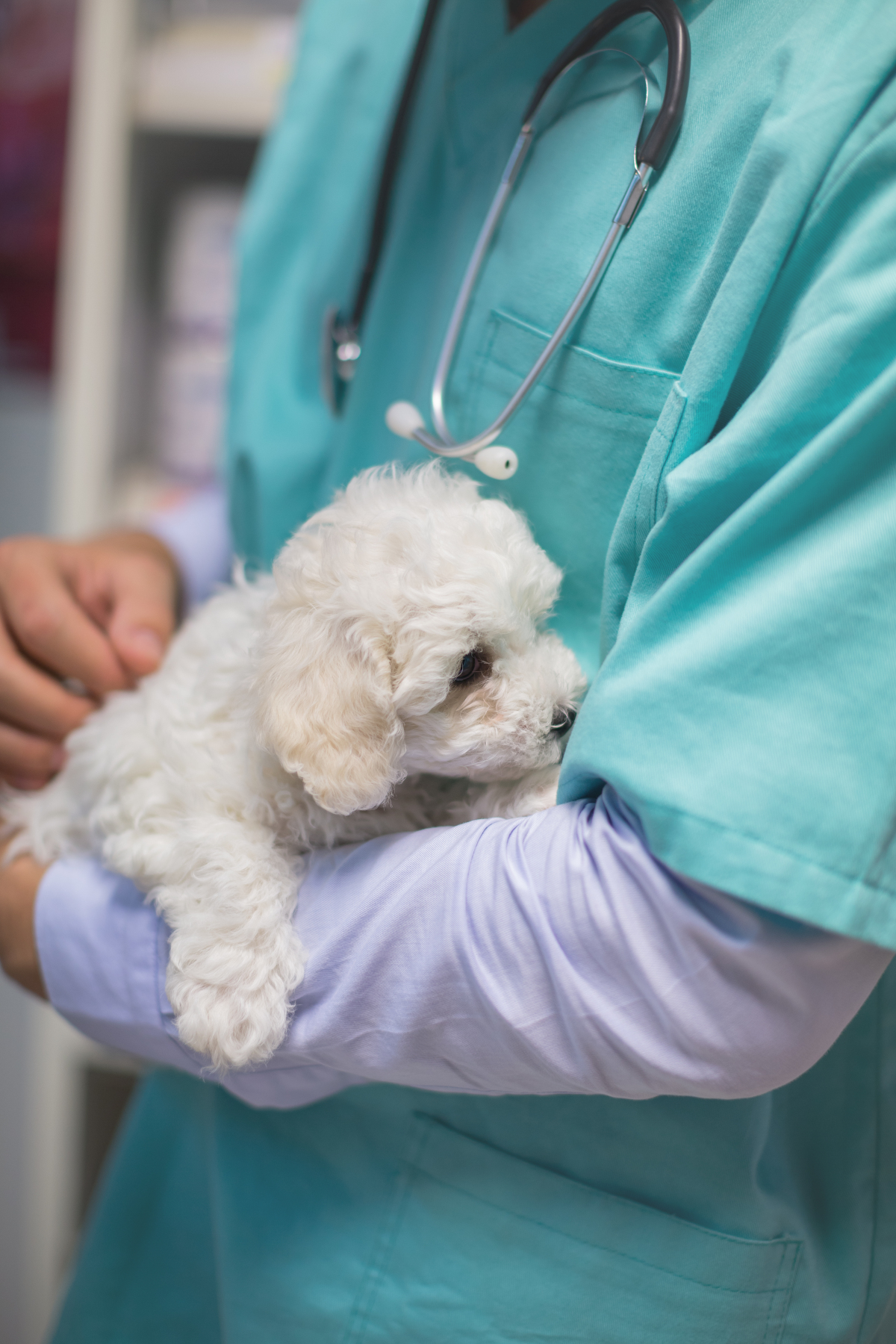Santa Paws: Holiday Gifts for Pets

The team at Felton Veterinary Hospital loves spoiling our personal pets (we’re talking about you, Dr Atton!) and our pet patients. We have a few ideas to share if you’re searching for the best holiday gifts for pets this season. And because we want to spare you a holiday visit to the pet emergency room, we’ve also included a few gifts to avoid. Let us know what you think!
Best Holiday Gifts for Cats
Many cat owners wouldn’t dream of leaving their kitty off the holiday gift list, but this can be challenging for the cat who has it all. Here are our favorite ideas for making your cat’s holiday purrfect.
Continue…Pancreatitis in Dogs: Talking Turkey

It’s the holiday season, and nothing says family like Thanksgiving dinner. And since over 70% of pet owners consider their pets family, it’s only natural to want to include them in any planned holiday celebrations, including sharing the holiday feast.
But while you’re at the table (and during the prep and clean-up, too), it’s essential to remember that our pets may experience GI upset, diarrhea, and vomiting – or worse – from partaking in the holiday meal with us. Ingestion of fatty foods and even any sudden change in diet can cause a painful condition called pancreatitis.
Continue…Drills, Hammers, and Strangers, Oh My! Keeping Pets Safe During Remodeling

Summer and fall in our valley are prime times for construction projects, but with all the maintenance required for our mountain homes, other times of year are likely filled with drilling, concrete mixing, or hammering. Although these projects are necessary, they pose a particular safety risk for pets, not to mention the aural assault on pet’s sensitive hearing. As you don your hard hat, Felton Veterinary Hospital gives some tips for how to keep pets safe during remodeling.
Continue…Skin Cancer in Pets

Your pets may enjoy their time in the sun as much as you do this summer. And although they may love basking in the warm rays, skin cancer is a risk for pets just as it is for humans. According to the American Kennel Club (AKC), skin cancer is the most common type of cancer diagnosed in dogs. Cats, too, are often affected by skin cancer, especially cats with short hair, light-colored coats, and lots of sun exposure. Regular annual wellness visits with your veterinarian are essential, including a complete nose-to-tail physical exam and looking for signs of skin cancer. Your pet’s veterinarian can detect skin cancer at these visits, but it’s also essential for pet owners to understand and recognize signs of pet skin cancer, especially as pets age.
Continue…It’s Crystal Clear: Dehydration and Water for Pets

Balanced nutrition is vital for pet health and can prevent a whole host of health problems. Water is also a critical component of a healthy pet and is the main component of healthy cells. Without adequate water, your pet can become dehydrated and lose vital body organ function.
We know that providing drinking water daily to our pets is essential, but what else should we be aware of? With a bit of preparation and awareness, you can ensure your pet drinks enough water and prevent dehydration in your pet. July is National Pet Hydration Month, so Felton Veterinary Hospital thought it would be an excellent time to explore the importance of water for pets.
Continue…How to Prevent Lyme Disease In Pets

You may be hearing more about Lyme disease recently, and for good reason. Current estimates from the CDC show that 300,000 to 400,000 people in the US are diagnosed or treated for Lyme disease yearly. The disease affects humans and animals and, if left untreated, can result in painful complications.
Lyme disease is a bacterial infection transmitted by the bite of an infected tick. The bacterium Borrelia burgdorferi is responsible for Lyme disease, which has become the most common vector-borne disease in the United States.
With spring rains, moist air, and tall, green grass, now is the time to prevent this debilitating disease’s spread to your pets. Felton Veterinary Hospital shares a few tips for how to keep your best friend safe.
Continue…Successful Leash Training for Dogs

Owners new to dog ownership are often surprised when their new dog doesn’t enjoy the leash. The chewing, resisting, barking, pulling, and jumping can make serene walks with your dog nothing but wishful thinking. Your dog could have trouble walking on a leash for various reasons, and none of them is your dog’s fault. Since many situations require your dog to be on a leash, teaching this skill is at the top of your pet parent list. Walking on a leash can be fun and can benefit you and your dog, from hiking to dining out with your dog to walking around the neighborhood or visiting the veterinarian. Our tips for successful leash training will help you overcome questionable leash walking skills.
Continue…Ready, Steady: Natural Disaster Awareness and Pets

Record-breaking rainfall, flooding, power outages, and road closures are just a few of the weather-related tribulations our communities have experienced in the past year (and some the past month!). Each time we read the news, a different natural disaster affects one or more parts of the country. And, as you may have learned from Scouts or a first aid course, being prepared is your best line of defense in an emergency. Yet, fewer than half of U.S. households have a disaster response plan, and fewer still have one that includes pets.
Today, Felton Veterinary Hospital includes some tips and guidance for caring for your pets should you lose power or need to evacuate.
Continue…Diabetes in Pets

It’s pet diabetes month, and what better way to focus on this common issue in cats and dogs than with help from your Felton Veterinary Hospital team? When we think about diabetes, our pets may not be at the top of our minds, but this debilitating disease is rising in both people and pets alike. According to Banfield Pet Hospital’s 2016 State of Pet Health Report, diabetes in dogs increased by nearly 80 percent from 2006 to 2015.
Diabetes is more common in middle-aged and older pets, but any pet can be affected. In addition, the disease commonly leads to other conditions, such as heart, kidney, and liver disease and cataracts. So pet owners must be aware of the risks and signs of diabetes in pets and how to prevent this disease from affecting their beloved pet.
The good news is that with early detection, you and your veterinarian can successfully manage the disease through diet, exercise, regular monitoring, and treatment. With mindful interventions, pets with diabetes can still live healthy, long lives.
Continue…Superstars: Veterinary Technician Appreciation Week

If you’ve ever needed veterinary care for your beloved pet (who hasn’t?), you know what a significant role veterinary technicians play. Having an experienced, compassionate vet tech can make all the difference in getting your pet the care and comfort they need. Sometimes called veterinary nurses, these unique individuals are an integral part of our team.
The third week in October is Veterinary Technician Appreciation Week each year. It’s a beautiful opportunity to learn about what these professionals do and for practice managers, veterinarians, and pet owners to show appreciation for their daily contributions to animal well-being.
What is a Veterinary Technician?
Simply put, veterinary technicians do whatever is needed to assist the veterinarian in caring for pets. In addition, they possess invaluable skills in pet care and pet owner education. They also bring their experience and an extra set of senses into the exam room or treatment room as they assist the veterinarian.
Each state has different requirements for licensing veterinary technicians. In California, individuals must attend a licensed veterinary technician school accredited by the American Veterinary Medical Association (AVMA). Once completing their schooling, an individual must pass the Veterinary Technician National Exam (VTNE) and an additional California state board examination before earning Registered Veterinary Technician (RVT) status.
In addition, to maintain their license, individuals must earn a minimum of 20 hours of continuing education courses every two years. This requirement ensures that RVTs maintain current knowledge of medical advances and new technology in the veterinary field. They may also pursue specialized training and certification in specific disciplines, including dentistry, surgery, anesthesia, oncology, and nutrition, to name a few.
Continue…

 Schedule an Appointment
Schedule an Appointment